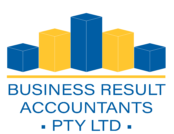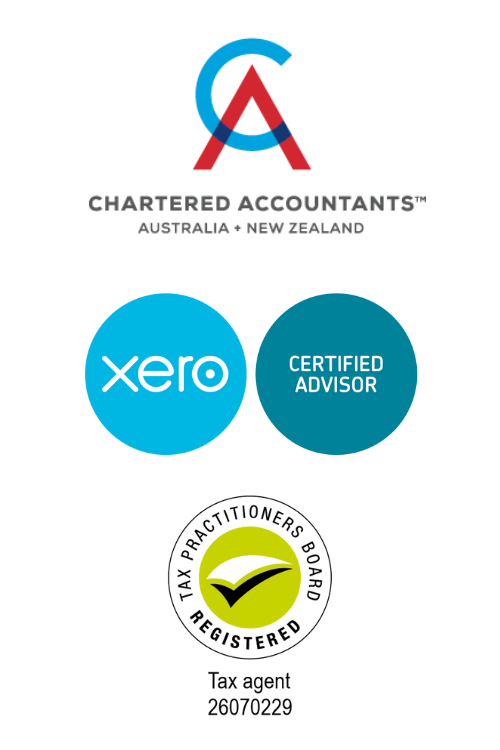Fringe Benefits Tax (FBT) is paid on particular benefits employers provide to their employees or their employees’ associates instead of salary or wages. Benefits can be provided by an employer, an associate of an employer, or a third party by arrangement with an employer. An employee can be a former, current, or future employee.
FBT is separate from income tax and based on the taxable value of the various fringe benefits provided. The FBT year runs from 1 April – 31 March.
FBT CATEGORIES
The following categories of fringe benefits apply, with specific valuation properties applicable to each category:
- Airline transport board – Eg a meal
- Car – Eg letting employees use a work vehicle for a private purpose
- Car parking
- Debt waiver
- Entertainment – Eg food, drink, recreation
- Expense payment – Eg reimbursing an expense incurred by an employee such as school fees
- Housing
- Living-away-from-home allowance
- Loan – Eg granting an employee a cheap loan
- Property
- Residual
FBT EXCLUSIONS
The following are NOT fringe benefits:
- Approved employee share acquisition schemes
- Employer contributions to complying superannuation funds
- Employment termination payments – Eg company car given or sold to employee when they leave
- Certain benefits provided by religious institutions to their religious practitioner
REDUCING FBT
You can reduce the amount of FBT you pay by:
- Replacing fringe benefits with a cash salary
- Providing benefits that your employees would be entitled to claim as an income tax deduction if they had paid for the benefits themselves
- Providing benefits that are exempt from FBT
- Using employee contributions

